Industrial
The industrial sector is a cornerstone of the global economy, driving innovation, economic growth, and technological advancements. From manufacturing and construction to energy production and transportation, industries play a vital role in meeting the needs of society.
"From the bustling factories of the past to the cutting-edge technologies of today, the industrial sector has been the driving force behind human progress. The industrial landscape is constantly evolving, and we're at the forefront of change. Our comprehensive range of industrial products and services is designed to help businesses optimize their operations, improve efficiency, and achieve their goals."
- Manufacturing: Optimizing production processes, improving efficiency, and enhancing product quality.
- Construction: The building and maintenance of infrastructure, including roads, bridges, buildings, and other structures. Delivering innovative solutions for infrastructure development and project management.
- Agriculture, Food & Beverage: We provide innovative solutions for agriculture, food, and beverage that protect our planet and nourish our communities.
- Automotive & Heavy equipment & Machinery: We are driving innovation and excellence in the automotive, heavy equipment, and machinery industries and offering a comprehensive range of services tailored to meet your unique needs, from product design and development to maintenance and repair.
- Digital infrastructure: Digital infrastructure refers to the underlying networks, systems, and technologies that enable the flow of digital information.
- Mining & Metals: Mining and metals have been integral to human civilization for centuries, providing essential resources for tools, infrastructure, and technology. Today, the mining and metals industry remains a vital component of the global economy, driving economic growth and supporting numerous industries.
- Pharmaceutical & Specialty Chemicals: The pharmaceutical and specialty chemicals industry plays a critical role in modern society, providing essential products and services for healthcare, manufacturing, and other sectors. This dynamic industry is characterized by continuous innovation, stringent regulations, and a focus on quality and safety.
- Pulp & Paper: From books and newspapers to tissue and packaging, pulp and paper products are ubiquitous in our society.
Our Approach
At FEVOL, we believe in a collaborative and customer-centric approach. We work closely with our clients to understand their unique needs and develop tailored solutions that meet their specific requirements. Our commitment to innovation and sustainability drives us to explore new technologies and explore emerging opportunities.
A Sustainable Future
We are passionate about creating a sustainable energy future for generations to come. By focusing on renewable energy, energy efficiency, and grid modernization, we are helping to reduce our reliance on fossil fuels and mitigate the impacts of climate change.
- MANUFACTURING
- CONSTRUCTION
- AGRICULTURE, FOOD & BEVERAGE
- AUTOMOTIVE & HEAVY EQUIPMENT & MACHINERY
- DIGITAL INFRASTRUCTURE
- MINING & METALS
- PHARMACEUTICAL & SPECIALTY CHEMICALS
- PULP & PAPER
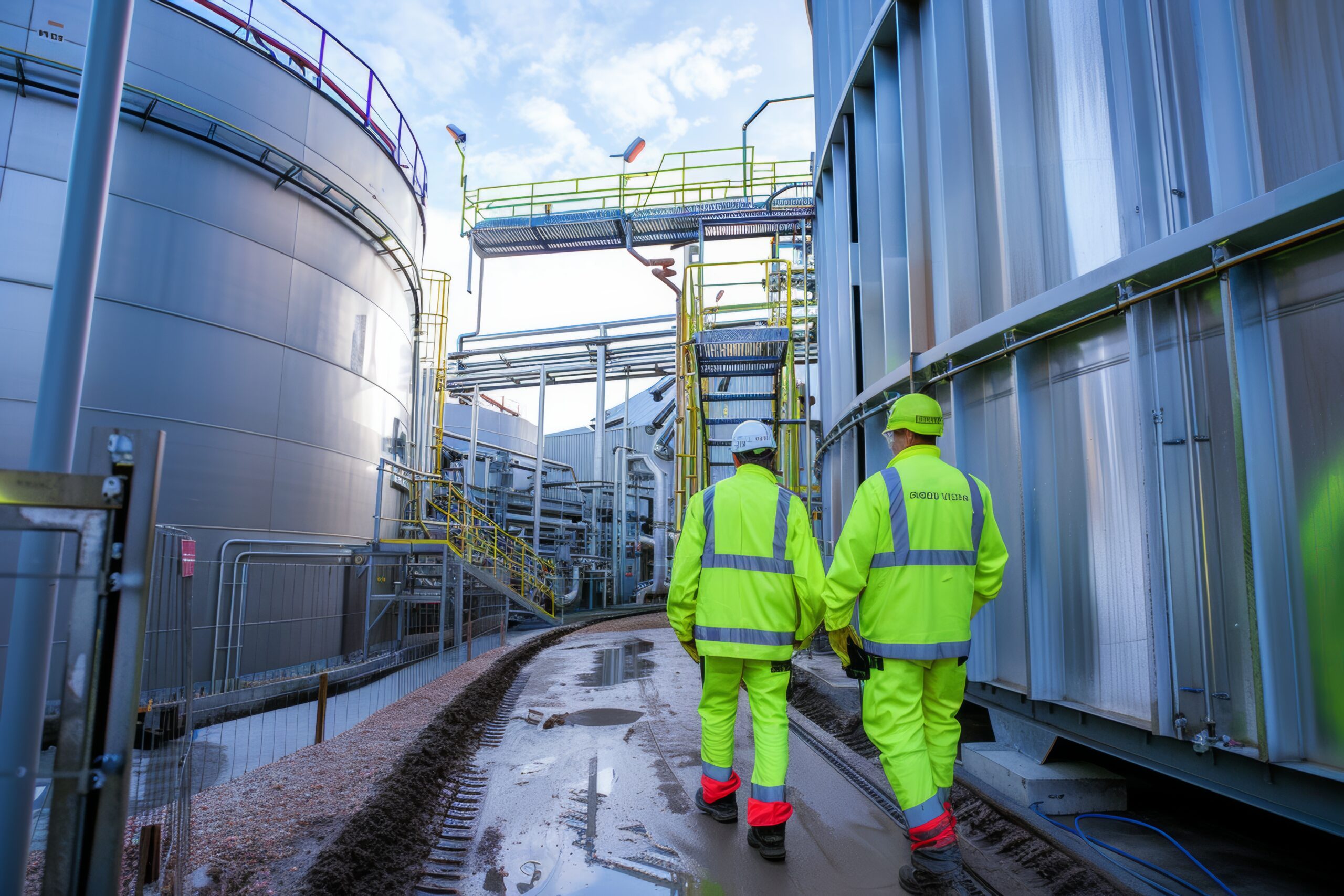
Manufacturing
Manufacturing is the process of transforming raw materials into finished products. It’s a fundamental pillar of the global economy, driving innovation, economic growth, and job creation. From simple tools to complex machinery, manufacturing plays a vital role in our daily lives.
Key Stages of Manufacturing
- Design and Development: This involves creating product concepts, blueprints, and specifications.
- Procurement: Sourcing raw materials, components, and equipment needed for production.
- Production: The actual process of transforming raw materials into finished products. This may involve various techniques like machining, assembly, and finishing.
- Quality Control: Ensuring that products meet specified standards and are free from defects.
- Distribution: Delivering finished products to customers or retailers.
As technology continues to evolve, manufacturing is undergoing a transformation. Automation, robotics, and artificial intelligence are reshaping the industry, leading to increased efficiency, productivity, and customization. The future of manufacturing is bright, with exciting possibilities for innovation and growth.
The Future of Manufacturing
The future of manufacturing is bright, with exciting developments on the horizon. Automation, robotics, and artificial intelligence are reshaping the industry, leading to increased efficiency, productivity, and customization. Sustainable manufacturing practices are also gaining momentum, as companies strive to reduce their environmental impact.
Whether you’re a consumer, a business owner, or an investor, understanding the importance of manufacturing is essential. It is the engine that drives progress, innovation, and economic growth.

Construction
Construction is the process of creating structures, buildings, and infrastructure. It’s a fundamental human activity that has been shaping our world for centuries. From ancient civilizations constructing pyramids to modern-day skyscrapers, construction plays a vital role in our lives.
Key Stages of Construction
- Planning and Design: This involves creating blueprints, architectural plans, and specifications.
- Site Preparation: Clearing the land, excavating, and preparing the site for construction.
- Foundation Construction: Building a solid base to support the structure.
- Structural Construction: Erecting the framework of the building, including walls, floors, and roof.
- Finishing Work: Adding finishing touches like painting, flooring, and interior design.
Types of Construction
- Residential Construction: Building homes, apartments, and condos.
- Commercial Construction: Creating office buildings, retail spaces, and industrial facilities.
- Infrastructure Construction: Building roads, bridges, tunnels, and other public works.
- Specialized Construction: Projects like dams, power plants, and marine structures.
Challenges and Innovations
- Sustainability: The construction industry is increasingly focused on building sustainable structures that minimize environmental impact.
- Technology: Advancements in technology, such as 3D printing and prefabricated construction, are transforming the industry.
- Safety: Ensuring the safety of workers on construction sites is a top priority.
Construction is a complex and dynamic industry that requires a wide range of skills and expertise. It’s a vital part of our society, providing jobs, infrastructure, and the spaces where we live and work.
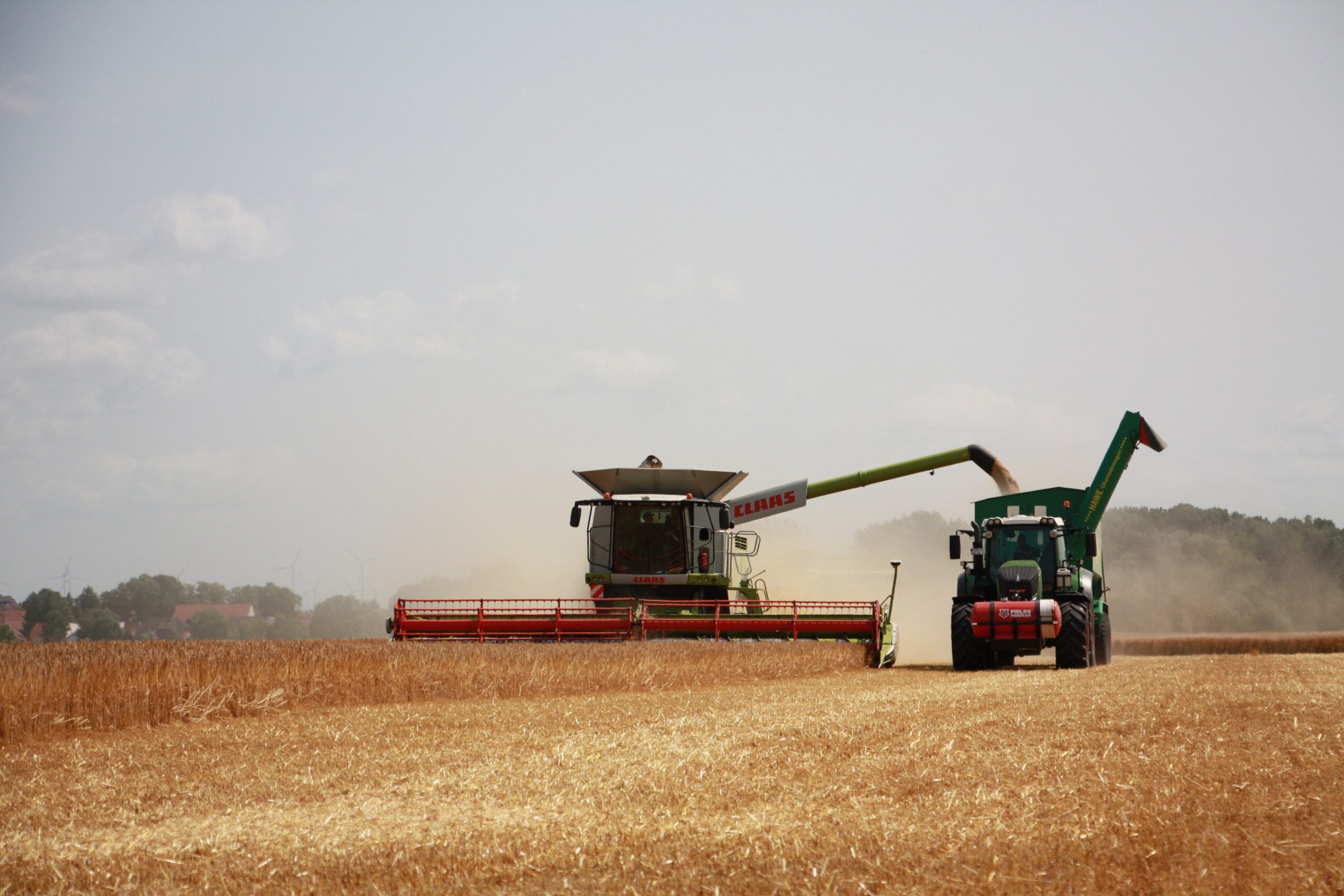
Agriculture, Food & Beverage
Agriculture is the cultivation of plants and rearing of animals for food, fiber, and other products. It’s a cornerstone of human civilization, providing the sustenance necessary for survival and thriving communities.
Food Production
- Crop Production: Growing various plants, including grains (wheat, rice, corn), fruits, vegetables, and oilseeds.
- Livestock Production: Raising animals like cattle, pigs, poultry, and sheep for meat, milk, eggs, and other products.
- Aquaculture: Farming aquatic organisms, such as fish, shellfish, and algae, in controlled environments.
Food Processing
- Preservation: Processing food to extend its shelf life, such as canning, freezing, and drying.
- Value Addition: Transforming raw agricultural products into finished goods, like bread, pasta, and dairy products.
- Food Safety: Ensuring that food is safe for consumption by adhering to hygiene standards and regulations.
The Food Industry
- Food Manufacturing: Large-scale production of food products, often involving complex machinery and technology.
- Food Distribution: Transporting and delivering food products to retailers, wholesalers, and consumers.
- Food Retail: Selling food products to consumers through supermarkets, grocery stores, and other outlets.
The agriculture, food, and beverage industry is constantly evolving, adapting to changing consumer preferences, technological advancements, and global challenges. It remains a vital sector that sustains our lives and economies.
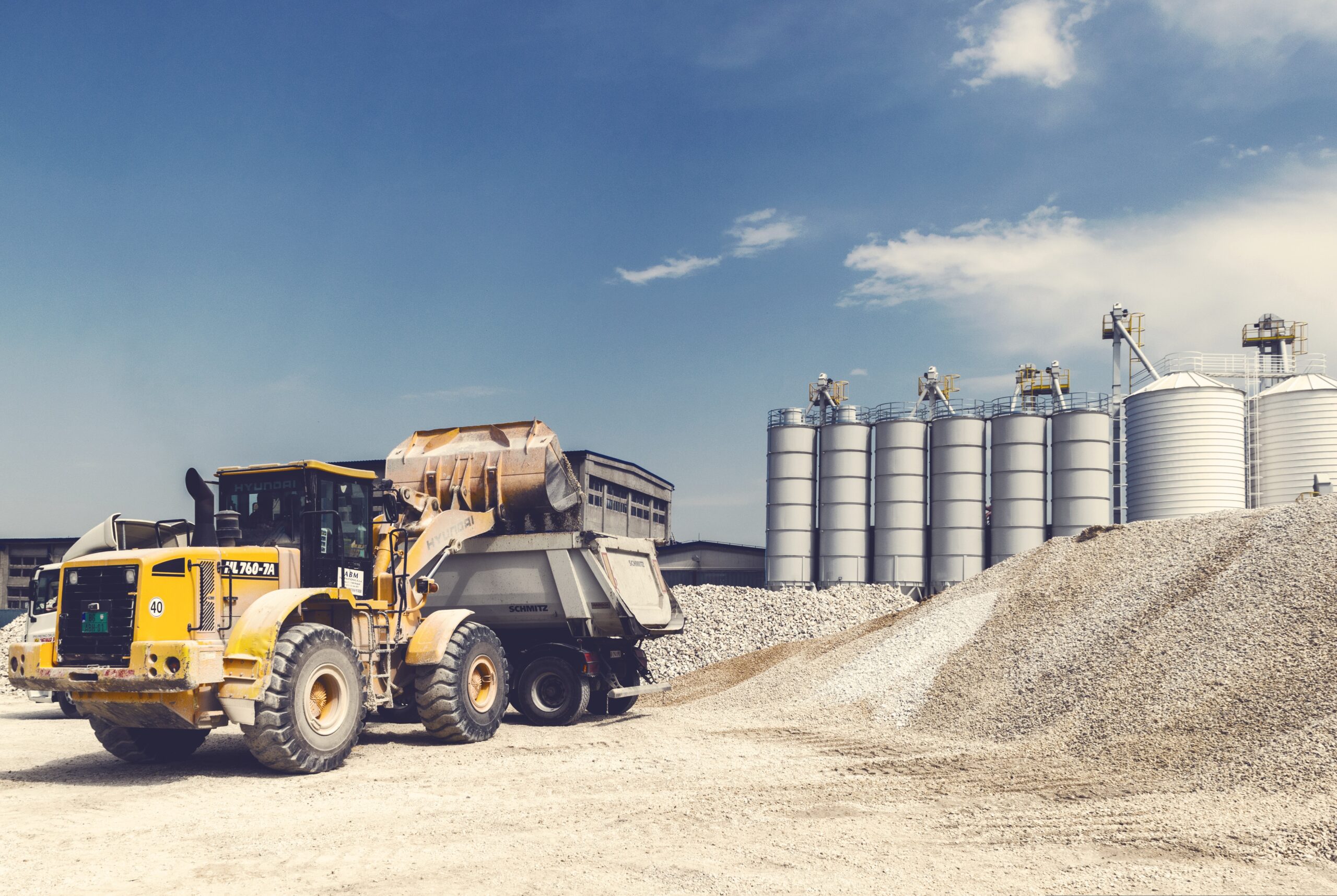 Automotive & Heavy Equipment & Machinery
Automotive & Heavy Equipment & Machinery
The world we live in today is heavily reliant on the transportation, construction, and manufacturing sectors. These industries are underpinned by the development and use of automotive vehicles, heavy equipment, and machinery.
Automotive: The Lifeblood of Transportation
Automotive vehicles, ranging from personal cars and trucks to commercial vehicles and buses, have revolutionized transportation. They offer efficient and convenient ways to move people and goods over long and short distances. The automotive industry is a major driver of economic growth, supporting a vast network of suppliers, manufacturers, and dealerships.
Heavy Equipment: Building Our World
Heavy equipment, such as excavators, bulldozers, cranes, and loaders, is essential for large-scale construction projects. These machines enable us to reshape landscapes, build infrastructure, and extract natural resources. Heavy equipment is also used in industries like mining, forestry, and agriculture, playing a vital role in supporting our economy.
Machinery: The Power Behind Production
Machinery is the backbone of manufacturing and industrial processes. From simple tools to complex automated systems, machinery is used to produce a wide range of products, from consumer goods to industrial components. Advancements in machinery technology have led to increased efficiency, productivity, and quality in manufacturing.

Digital Infrastructure: The Foundation of the Modern World
Digital infrastructure refers to the underlying networks, systems, and technologies that enable the flow of digital information. It is the backbone of our modern society, supporting everything from communication and entertainment to business and governance.
- Networks: This includes the physical infrastructure, such as cables, towers, and satellites, as well as the protocols and standards that govern data transmission. Examples include the internet, cellular networks, and local area networks (LANs).
- Data Centers: These are large facilities that house servers, storage systems, and other hardware used to process and store digital data. They are the heart of cloud computing and data-intensive applications.
- Cloud Computing: This refers to the delivery of computing services, such as storage, processing, and networking, over the internet. It allows businesses and individuals to access resources on demand without having to invest in their own hardware.
- Internet of Things (IoT): This refers to the interconnectedness of physical devices, such as sensors, actuators, and appliances, through the internet. It enables data collection, automation, and remote monitoring.
- Cybersecurity: This refers to the protection of digital information and systems from unauthorized access, theft, or damage. It is a critical component of digital infrastructure to ensure the security and reliability of online services.
- employees and residents.
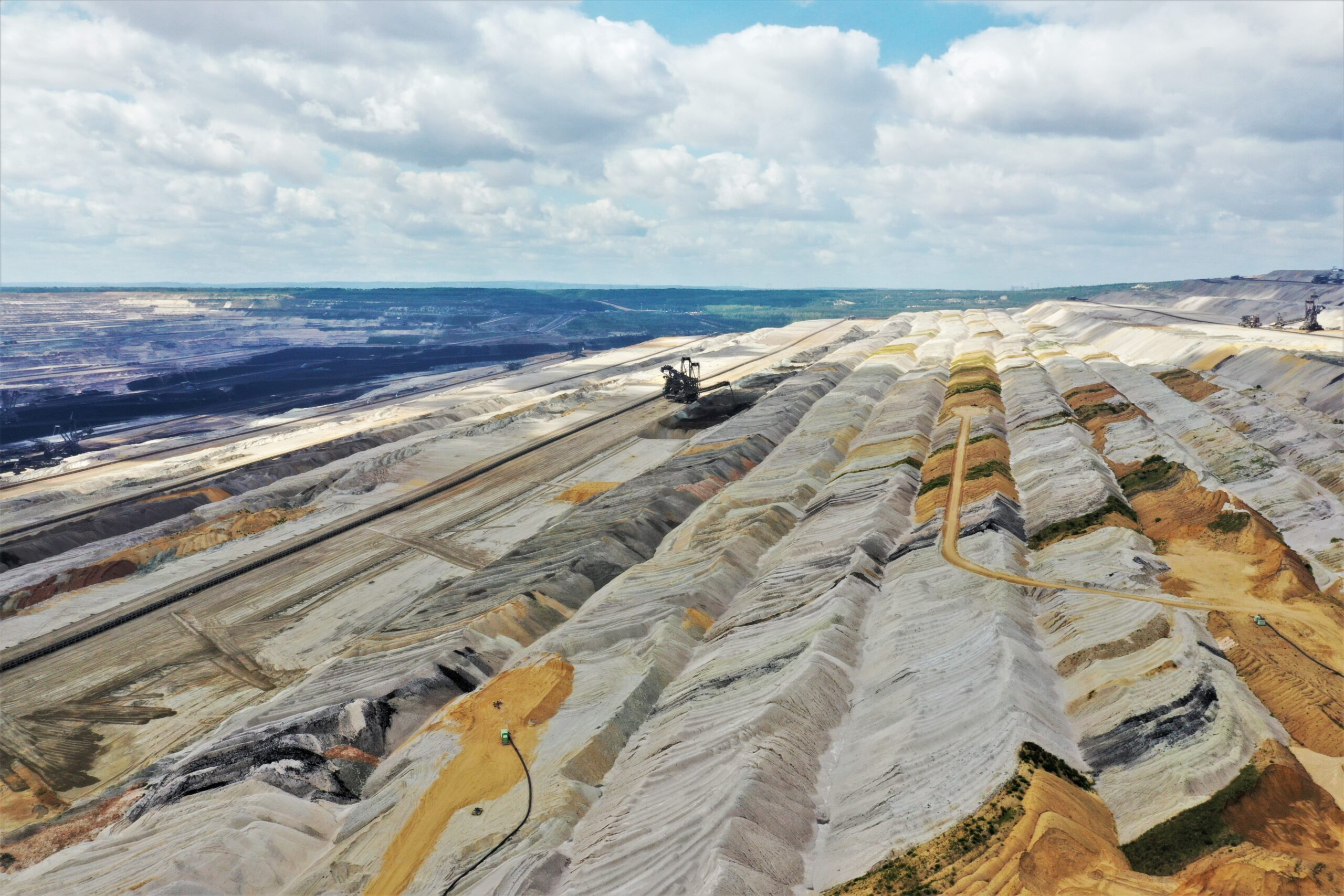 Mining & Metals
Mining & Metals
Mining and metals have been integral to human civilization for millennia, providing essential resources for tools, weapons, and infrastructure. From the early days of stone tools to the complex technologies of today, metals have played a pivotal role in shaping our world.
 Pharmaceutical & Specialty Chemicals
Pharmaceutical & Specialty Chemicals
Pharmaceutical and specialty chemicals are essential components of our modern world, playing vital roles in healthcare, manufacturing, and research.
Pharmaceutical Chemicals: The Foundation of Medicine
Pharmaceutical chemicals are the building blocks of medicines. They are used to treat a wide range of diseases and conditions, from common ailments to life-threatening illnesses. The development and production of pharmaceutical chemicals require a high degree of scientific expertise and adherence to strict quality standards.
- Active Pharmaceutical Ingredients (APIs): These are the primary components of medicines that have therapeutic effects. They can be derived from natural sources or synthesized in laboratories.
- Excipients: These are inactive ingredients added to medicines to improve their formulation, stability, and delivery.
Specialty Chemicals: A Diverse Range of Applications
Specialty chemicals are a broad category of substances that have specific properties and applications. They are used in a variety of industries, including:
- Agriculture: Specialty chemicals are used to control pests, weeds, and diseases in crops.
- Electronics: They are used in the manufacturing of semiconductors, displays, and other electronic components.
- Personal care: Specialty chemicals are found in a wide range of personal care products, such as cosmetics, soaps, and shampoos.
- Construction: They are used in the production of paints, coatings, adhesives, and other building materials.
- Water treatment: Specialty chemicals are used to purify and treat water for drinking, industrial, and agricultural purposes.
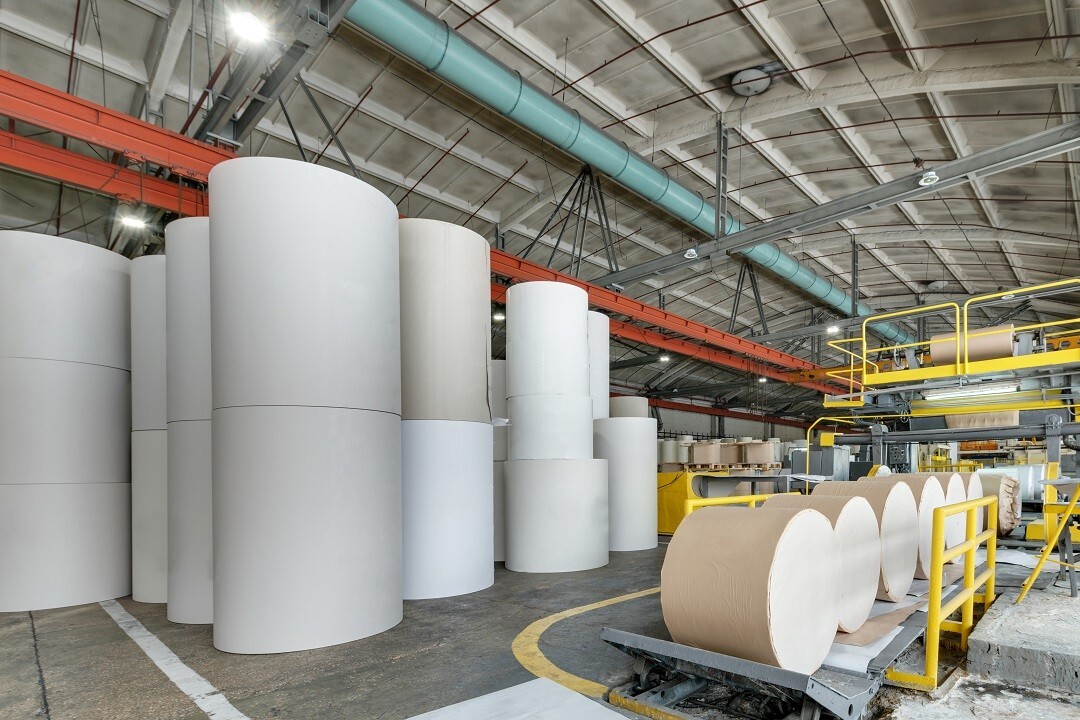 Pulp & Paper
Pulp & Paper
Pulp and paper production is a fundamental industry that provides essential materials for a wide range of products, including paper, cardboard, and packaging. The process involves converting wood or other fibrous materials into pulp, which is then processed into paper or other products.
- Harvesting: The process begins with the harvesting of trees or other fibrous materials, such as bamboo or recycled paper.
- Chipping: The harvested material is chipped into small pieces to facilitate processing.
- Cooking: The chips are cooked in a chemical solution (such as kraft liquor or soda ash) to break down the lignin and other non-cellulose components.
- Screening and washing: The cooked pulp is screened to remove impurities and washed to remove residual chemicals.
- Bleaching: If necessary, the pulp is bleached to improve its brightness.
- Papermaking: The pulp is diluted with water and formed into a sheet on a paper machine. The sheet is pressed and dried to remove excess water and create the desired paper properties.
- Finishing: The finished paper may undergo additional finishing processes, such as coating, calendering, or cutting, to meet specific requirements.